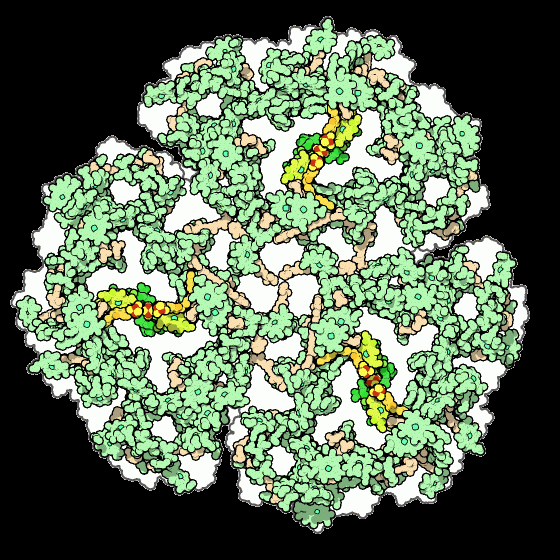So far most carbon capture tech is ineffective and basically just greenwashing.
NPR headline writer: Why don't environmentalists like this expensive technology that doesn't solve anything?
I was just wondering that. It feels like one of those “perpetual motion” cranks at the moment
yea let's pour a lot of resources into developing complex technical systems that, when sufficiently powered, might someday manage to barely accomplish what every single plant out there does for free right now
sounds profitable
Unfortunately plant growth is only a small part of the solution. It isn’t that simple, given how much carbon we have extracted and added to the atmosphere. Many old growth forests are either carbon neutral or marginally carbon negative. The only way to address carbon which we have input is long term sequestration
isn't burying trees basically long term sequestration? Or does it 'leak' when decomposing underground? I don't know a lot about trees tbh
and generally, sure, but stopping emissions is the obvious first step, right? Even with miracle tech you won't be sequestering as much as we put out year over year
Unfortunately this is a less viable storage method than our best bet, which is locking it up in rock. I’m a geologist who works in this field of study and our best bet is in the carbonate-silicate cycle. The biggest problem lies in scaling this up
Can you go into this in a bit more depth? I've looked into this a bit but it seems like the cycle generally relies on the intensification of weather increasing the erosion of silicates into the ocean, which seems to be missing from the current equation (or rather, it's not happening fast enough to save us from our own idiocy). I'm hoping to go into synthetic biology to try and develop some solutions for problems like this, and it'd be helpful to get some perspective from other fields working toward the same goal.
So you are correct about the idea of weathering being the process which removes atmospheric carbon, and the goal would essentially be to utilize the same chemical weathering process that occurs naturally over the course of tens of millions of years and condense that down to more human timescales. It is pretty simple really except for the part that requires processing mountain range sized amounts of material
Well, I had a look around for more information and ran into this paper, which includes a section entitled "Impact of biota on weathering," which offers a number of examples of biological systems that can improve weathering rates, some of which are very interesting to me. I think there's a lot of promise in a biology-driven approach to this effort.
While yes, this natural process certainly increases rates of weathering, we are still talking about something closer to the millions of years scale even with human intervention. We would need an industrialized system to likely even make a dent in our emissions in a human lifetime without massively disturbing already (and increasingly) fragile ecosystems. We can artificially create a much more conducive environment for this weathering to occur. Ideally we will be allowing the planet to heal while we extract our carbon from the atmosphere instead of stressing it’s already heavily impacted and most important ecosystems with a taxing chemical process
If human civilization is to continue in the long term, it will be absolutely necessary to harness the power of biology in ways that make use of biological systems (from single cells all the way up to ecosystems) to sustainably modify our environment and produce food and other goods. Reworking ecosystems to flourish even as they accelerate the weathering process (far beyond what existing biological systems can achieve) is going to be needed, just as we need to move from a mode of agriculture that works at odds with natural ecosystems to one that adjusts them to supply human needs. And such work is especially necessary in the realm of materials--if we don't learn to make what we need from the carbon, hydrogen, oxygen, and nitrogen the atmosphere supplies essentially for free (plus a dash of some other elements like phosphorus and sulfur, and trace quantities of metals) the way biology does, we will surely wreck the planet by way of overconsumption even if we do manage to mitigate climate change.
I did some quick calculations, and it would take something like 36 % of the earth's arable land to offset current yearly carbon emissions.
i love that graph in the middle of the article. see? all we need to do is cut emissions by 80%
But our emissions are still supposed to go up for the next few years, so don't worry that Biden is accelerating oil drilling. That's all part of the plan!
Also we all knew that "carbon neutral by 2050" would keep getting pushed back indefinitely, but it's been two years and we're already at 2070 in this chart.
Capitalists searching for co2 reduction solutions other than “stop drilling for fossil fuels” live view :morshupls:
They have a thing for vaccuuming carbon from the air
it's called a tree
grow lots of trees. bury trees. repeat. i guess there's no money to be made though





